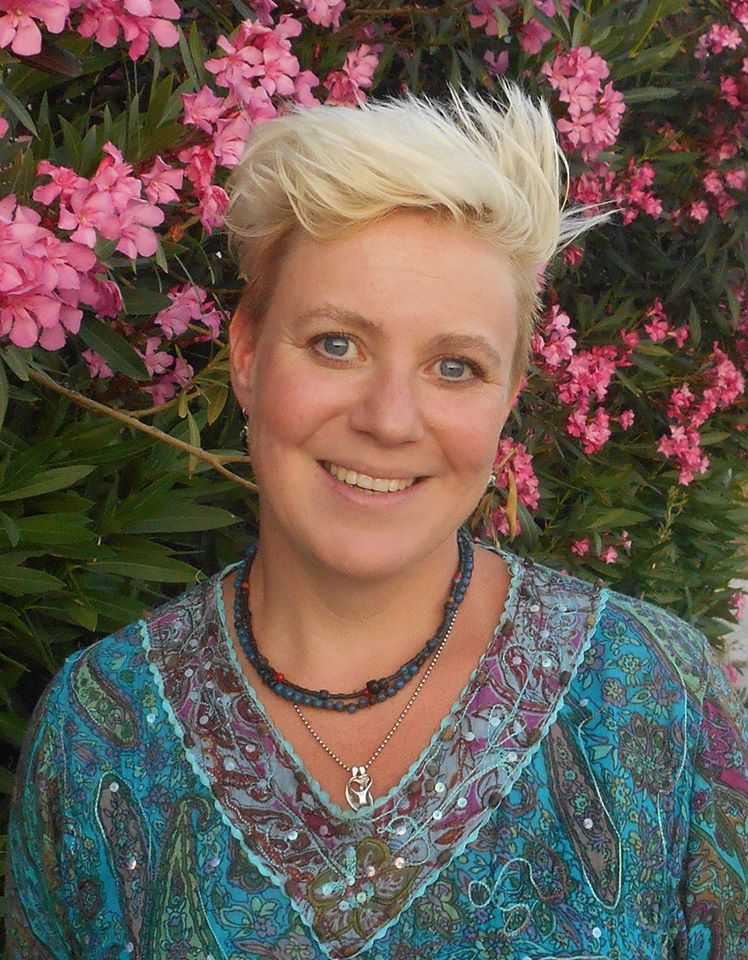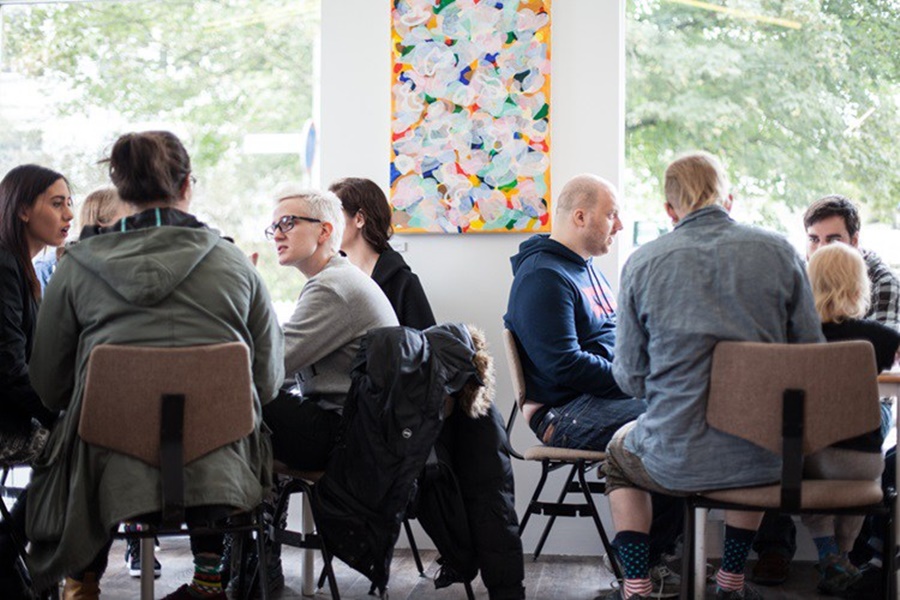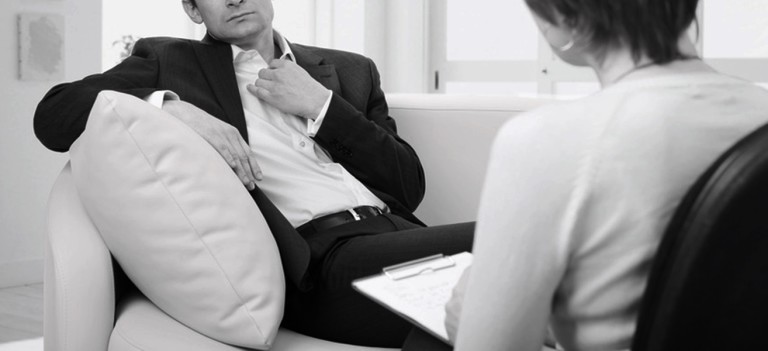Last year saw an explosion in numbers of people seeking counseling at the national queer organisation of Iceland, Samtökin ’78, when the numbers of interviews nearly doubled.
In 2014 there were 81 interviews but in 2015 there were 145. Sigga Birna Valsdóttir, one of the counselors at Samtökin ’78, says that a big part of the counseling interviews last year was with trans people or their families.

“Of 145 interviews in 2015 there were 35 interviews that had to do with trans gender issues,” she says. “Compared to 32 interviews concerning coming out as lesbian, gay, bisexual or pansexual. That‘s a remarkable shift in the topics of the interviews.”
The explanation is partly that Samtökin ’78 opened a new local at Suðurgata 3 in Reykjavík, but according to Sigga Birna there had been an increase in the numbers of people seeking counseling before that happened. “I think it‘s mostly due to the more open discussion in society about LGBTQIA people and especially trans people,” she says. “Trans Iceland has been doing a wonderful job making trans people visual in the media and it‘s having this positive effect. When I started as a counselor for Samtökin ’78 seven years ago none of the interviews were with trans people or their families. It‘s only three or four years since people started coming to us to discuss trans issues.”
Asked if parents find it harder to cope with issues regarding their children’s gender identity than their sexuality, Sigga Birna says that she would not use the word ´harder‘ in this context. There is no easy measure of this. “Trans individuals are as different as they are many but the common factors for their parents are the helplessness, not knowing what to do or where to look for answers.
If the child has been very clear about it‘s sex from a young age it‘s usually easier for the parents to work with the process necessary to make it official, change the name, pronoun etc. It’s not as much a surprise to them as maybe to others.
“When I started as a counselor … none of the interviews were with trans people or their families … [But now] in 2015 there were 35 interviews that had to do with trans gender issues … That‘s a remarkable shift in the topics of the interviews.”
If a trans person does not start to define him/herself as trans until puberty it‘s a bit more effort for the parents to adjust to that idea. Even more so if they believe the child has shown no tendency towards it’s identity in childhood, as is in many cases. That’s perfectly normal and it‘s important that parents realize that a kind of grieving process is inevitable; you almost feel as if you have lost someone. Going through the grieving process you realize your child is still the same person and, what‘s more, it‘s a happier person when it‘s true gender is accepted. So most parents come out of the process as happier people too.”
Even though some of the older generation might have difficulties following the shift of emphasis in the gender discussion, the younger generation seem to have less problems with it. Sigga Birna says that young people today are usually more open-minded about gender and sexual orientation than previous generations. In fact recent studies show that about half of American teens don’t identify as straight and they are much less defined by gender than millennials. She believes tht Icelandic youngsters are not so different in that sense.

“There has been a huge shift in how people look on gender and sexuality in the last years. For us working in this field it has been obvious for a long time that there are more genders than male and female and young people are usually much quicker to adjust to that idea and put less importance on people’s gender. It does not seem to matter to them much if their peers identify as queer, trans or straight. They look at the person, not the gender label. I‘m really impressed with the way our young people think about these matters and I belive we are going to see major changes in people’s thinking in general in the next few years.”
Asked if the trauma of coming out as queer is thereby a thing of the past Sigga Birna says no. Even though it has become easier in the last years there are of course still lots of issues that have to be dealt with in the process. “When we started most of the people who sought counseling did it because they were coming out as homosexuals and needed help with that. Now LGBTQIA people come to us with all kinds of problems; emotional problems, relationships problems and just any kind of problems that they are encountering.
But I can honestly say that I have hardly ever experienced people being denied by their families by coming out as trans in the last few years, although it is always daunting for both youngsters and parents to tell the world that they are trans and it is still a known and haunting fact that young trans people are more prone to depression, social anxiety and self harm. I want to believe that it is not the emotional hell that it was in the past and that we are doing all we can to help individuals and families through this process.”
Support meetings for parents and loved ones of trans people are held the last Wednesday of each month at Samtökin ’78, Suðurgata 3 and support groups for young trans people, aged 14-18 years are held at the same place the first Thursday of each month.
A support group for parents and family members of queer youth also meets at Samtökin ’78 on the last Tuesday of every month.


